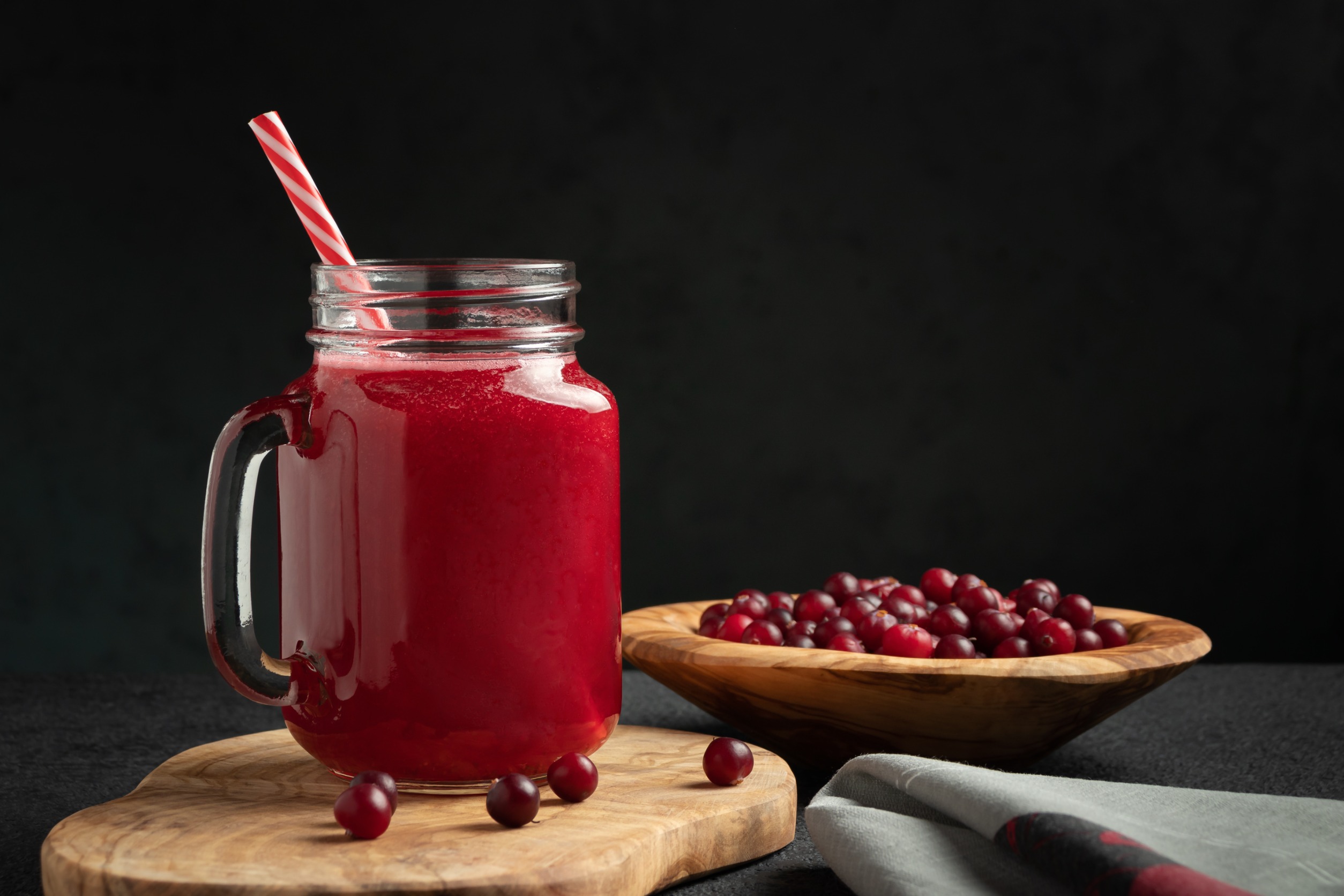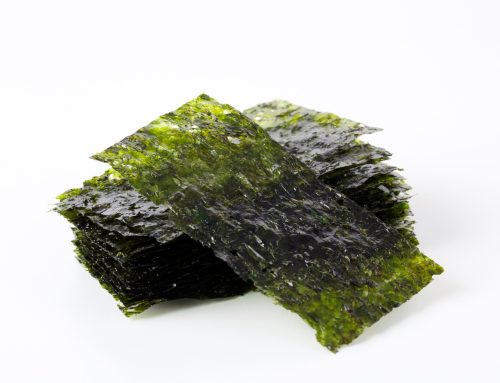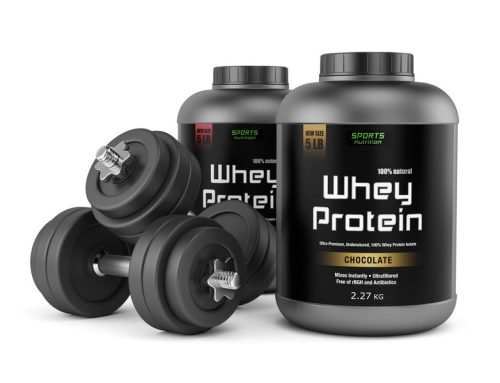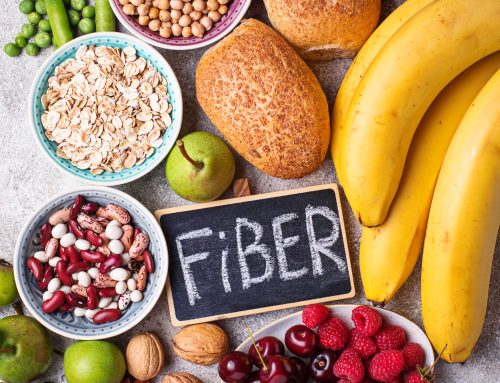Are cranberries good for a UTI? The myth is true: Cranberries stop UTIs from coming back, new review finds.
Science is finally catching up to what many healthy, berry eaters already knew — consuming cranberries and cranberry products is a great way to prevent a urinary tract infection (UTI). A recent review examined the benefits of cranberry products when it comes to symptomatic UTIs, providing the scientific evidence to back up this common belief about the tasty berries.
Research on Are Cranberries Good for a UTI
Here’s how to research to answer the question are cranberries good for a UTI was conducted.
• Women who consumed cranberry juice or took supplements reduced their risk for the condition by more than a quarter.
• Children halved their risk.
• Those prone to recurring UTIs because of medical interventions displayed a 53-percent decreased risk.
The new review also looked at past studies and their methods for looking at the benefits of cranberry products.
• Most compared cranberry items to a placebo or no treatment for UTI.
• They found that taking cranberries as a juice or a pill lowered the frequency of UTIs in women, children, and those who underwent bladder radiotherapy.
• Few people reported any stomach issues or other uncomfortable side-effects.
Why Has it Taken So Long to Determine that Cranberries are Good for UTIs?
You may be wondering why it’s taken so long for science to catch up with a common home remedy for UTIs. Well, that’s because the research on cranberry and UTIs has not been consistent. For example, a 2012 review looking at 24 trials found no benefit from cranberry products. The updated review challenges this decade-old finding with newer evidence from 50 trials that included almost 9,000 participants.
“This incredible result didn’t really surprise us, as we’re taught that when there’s more and better evidence, the truth will ultimately come out. UTIs are horrible and very common; about a third of women will experience one, as will many elderly people and also people with bladder issues from spinal cord injury or other conditions,” says study lead author Gabrielle Williams, a researcher at Flinders University, in a media release.
If a patient does not seek treatment for their UTI, it can move to the kidneys and cause further pain and serious complications. One serious concern is the small but dangerous risk of sepsis, making prevention all the more necessary for reducing risks. Antibiotics are the go-to treatment for UTIs, but this solution does not work as well for people with recurring UTIs. Doctors often recommend cranberries even without definitive proof that they work. Additionally, researchers report that Native Americans historically ate cranberries for bladder problems.
“Even back in 1973, my mum was told to try cranberry juice to prevent her horrible and frequent UTIs, and for her it’s been a savior. Despite me niggling in her ear about evidence, she’s continued to take it daily, first as the nasty sour juice and in recent years, the easy to swallow capsules. As soon as she stops, wham the symptoms are back. As usual, it turns out that mum was right,” Williams recalls.
Does this mean you can skip taking antibiotics?
Not exactly. The study did not have enough data to compare whether cranberries worked better than an antibiotic or probiotic for preventing future UTIs. There were also no benefits when older adults, pregnant women, or people with bladder emptying problems consumed cranberry products. While these berries appear to help stop UTIs in women, more studies are still necessary to see who benefits the most from this home remedy.
“We have shown the efficacy of cranberry products for the treatment of UTIs using all the evidence published on this topic since the mid-nineties. The earlier versions of this review didn’t have enough evidence to determine efficacy and subsequent clinical trials showed varied results, but in this updated review the volume of data has shown this new finding,” says Jonathan Craig, the vice president and executive dean at Flinders University.
5 other health benefits linked to cranberries:
• High in nutrients: Cranberries are a good source of essential vitamins and minerals, including vitamin C, vitamin E, vitamin K1, manganese, and copper. They also contain small amounts of other nutrients like B vitamins and magnesium.
• Rich in antioxidants: Cranberries are packed with antioxidants, which are compounds that help neutralize free radicals and protect the body from oxidative stress. These antioxidants include flavonoids, phenolic acids, and proanthocyanidins, which can promote overall health and help reduce the risk of chronic diseases.
• Anti-inflammatory properties: The antioxidants in cranberries also have anti-inflammatory effects, which may help reduce inflammation in the body and lower the risk of developing inflammatory diseases, such as heart disease and diabetes.
• Supports heart health: The antioxidants and anti-inflammatory properties in cranberries may contribute to improved cardiovascular health by reducing blood pressure, improving cholesterol levels, and decreasing inflammation in blood vessels.
• Promotes dental health: Cranberries contain compounds that can help prevent bacteria from sticking to teeth and gums, potentially reducing the risk of plaque buildup, gum disease, and tooth decay.
Click here for more information on the question of are cranberries good for a UTI.







